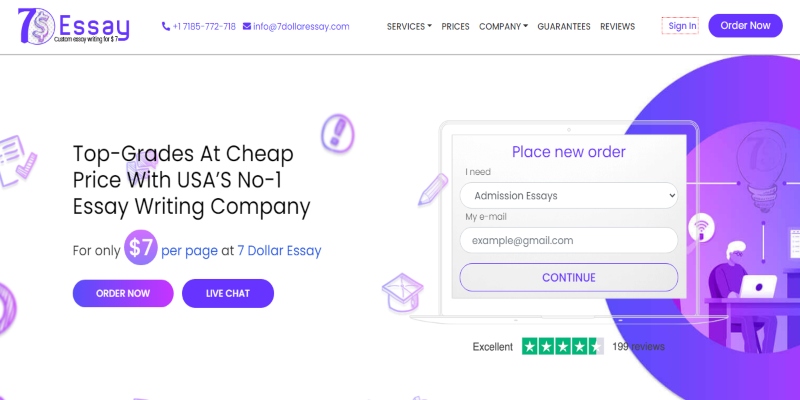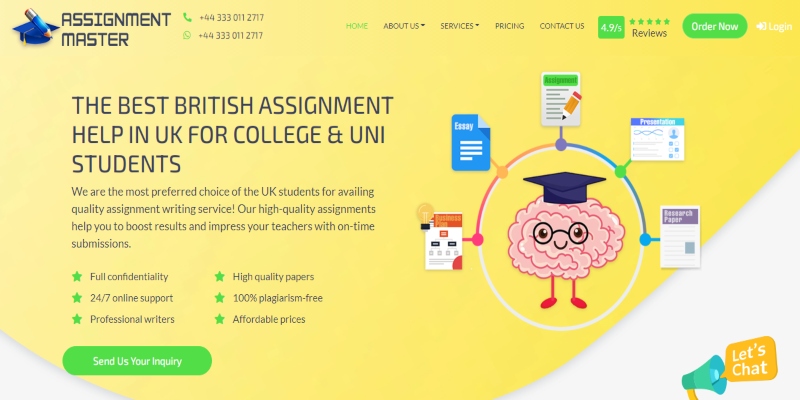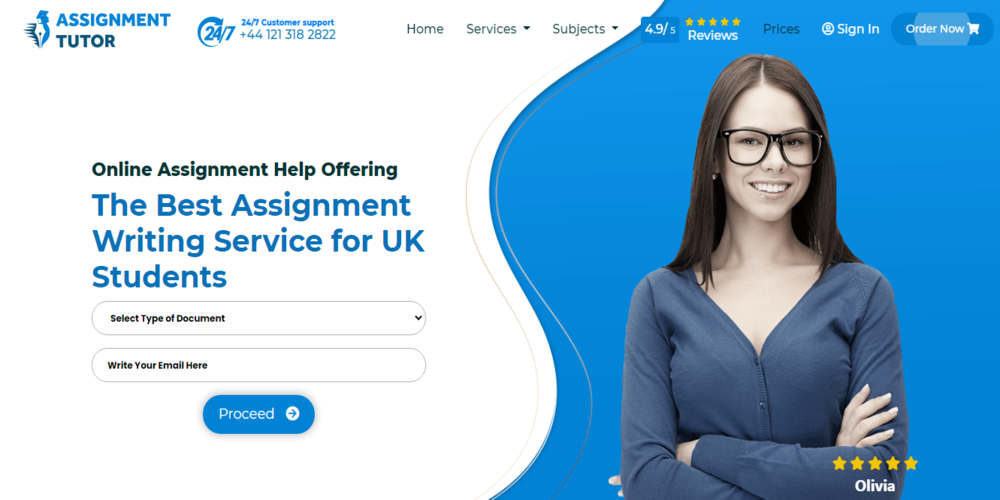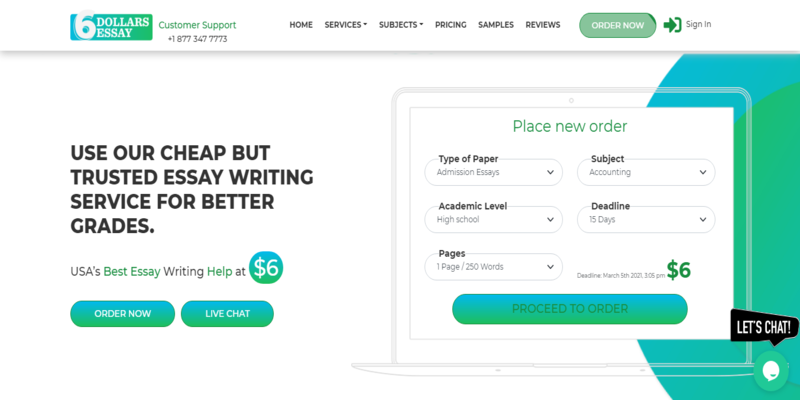Scribbling on the last page of his notebook, a student daydreams about his career. He tries to imagine himself on the paths vividly where his aspirations might take him in the next 5 years.
This is the story of every student, and we are sure you have done this once in your life, too. The critical phase of finding employment while you are still a student is a genuine challenge, but not everyone’s dream comes true.
Other than luck, the success of an aspiring scholar-employee depends on the awareness and guidance that they receive. However, it is sad to see that the knowledge of ‘how to seek a job as a learner’ is not a part of any curricula.
Helping Ambitious Students Achieve Their Dream Careers
We understand how finding part-time work as student is a demanding task, but cheer up because we got you covered. In this seven-step guide, you will find:
- Essential guide to enhance your job hunt
- Seven effective tips about how being a student helps you find a job
- The trick of balancing between the two streams
- A complete list of instructions that you should do and should not
- The secret of leveraging your unique position as a student
- Strategies for networking and finding internships
- Insights on managing time effectively by sequencing priorities
All of this comes in the package, which we are about to open for you. Ready or not, the big reveal is coming your way – a student’s professional guide to the career hunt.
1. Customize a Rich & Strong Resume
A resume is a reflection of you, and it reaches the hiring manager before you do. Hence, make certain it looks appealing to beginners. Do not overlook this tip because many unprofessional documents are trashed just after a glance. You need to aim at standing out.
For this, you must consider the resume as a personal marketing tool. Proofread it, check the formatting and try to make each section as captivating as you can. For example, highlight your expertise with terms like project management for leadership roles. You may also quantify your accomplishments to add impact.
Now, advice #2 for finding part-time work is never to forward a CV without tailoring it to the job role and company in question. This additional step will enable you to win over the hiring manager by incorporating keywords from the job description. Moreover, it also helps you generate an ATS-friendly (Applicant Tracking System) resume to guarantee success in initial screening. You can take help from any graduate CV writing company out there.
2. Attend Social Corporate Events to Mingle
Always remember one thing – you are a learner, and this is not your weakness. So, as you proceed in your job search, keep an eye out for opportunities like workshops, seminars, job fairs alumni gatherings and charity events. Attending these social corporate events is an effective way of increasing your networking circle.
Dress up formally for the occasion and reach out to seniors and industry professionals there. These people are capable of guiding you to the golden chance. Besides this, going to conferences and joining webinars can also significantly boost your knowledge. These are all platforms to learn directly from the experts, stay updated on industry trends and network with potential employers.
We call these occasions a buffet of opportunities, so do not shy away from introducing yourself and asking insightful questions. In addition, try to talk in a way that is relevant to your field and display your knowledge and eagerness. Finally, make sure to follow up with these new connections to reinforce your professional network and support the job search.
3. Collect Relevant Experience & Certifications
The next piece of advice on the list is very important. It says that students who are looking for a suitable employment prospect must have ample convincing evidence, including relevant experiences and certifications. It not only helps them stand out in the competitive job markets but also supports their credibility.
Imagine choosing between two candidates. One has solid certifications from online platforms like Coursera and Udemy, while the other only has academic records. Whom will you pick? The choice is obvious for any sane human. Therefore, ditch the ordinary and register now for the affordable and free-of-cost courses which are in high demand in your industry.
Other than that, you also need practical familiarity to persuade the employer to decide in your favour. You should consult your professors and classmates about internships, part-time jobs and volunteering openings. In addition, if you are proficient in any programming language or software tool, then put it on your resume to get the limelight.
4. Say Yes to Internships for a Valuable Skill Set
Moving on, in the pursuit of job search for high school students, our next secret tip is to run inquiries over an internship opportunity every single time. Then, if you find it, offering a valuable skill set that aligns with your career goals, say yes! This little effort will go a long way and act as a game-changer for aspiring student job seekers.
An internship provides you with a platform to develop some very useful soft skills. If you are unaware of this concept, then get acquainted with it because it is the employer’s new favourite. They are looking for candidates with strong communication, teamwork and problem-solving skills.
Hence, knowledge is no longer the sole factor influencing your job-hunting victory. A soft skill set gives you a competitive edge in the crowded market. It adds to your strengths and makes sure you receive a call from the hiring manager.
5. Prepare a Portfolio While Practicing for an Interview
Do you know what a portfolio is? It is a compilation of your professional and educational achievements. In simple words, it is a physical or digital proof of your abilities, qualifications, training and experience. This compilation is a bonus move while you continue finding temporary work for yourself.
For all the learners, preparing a portfolio is very easy as they are already going through the process. If your field is creative, then you can collect designs, writing and marketing efforts for yours. However, if it is not, then you go with advice number three. Pour in the prominent projects, certifications and coursework.
Next, you should be able to talk about these achievements confidently during the physical interaction. So, do your research homework for this. Search about company culture values and tailor your responses accordingly. Balancing a polished portfolio with solid entry-level interview preparation will not only boost your confidence but also leave a lasting impression.
6. Leverage Technology & Campus Resources
Being a scholar is sometimes supportive in the journey of looking for online jobs for students. It is indeed a powerful strategy, and you can start by utilizing social media apps like LinkedIn to their full potential. It helps you connect with industry professionals and increases your visibility to employers in search.
You can join relevant groups in these digital spaces. Groups that are full or similar aspirants like you. It helps because they say that when the destination is common, the journey grows easier. Additionally, you can take full advantage of your college’s career service. It will support you with valuable tools like resume reviews, mock interviews and job listings.
Lastly, maintain an updated LinkedIn profile which actively engages in industry discussions. All of this, combined with your attendance at the social corporate events, will result in excellent opportunities for gathering. They are a quicker path to building up networking connections.
7. Find for Yourself a Worthwhile Mentor
The mentor-mentee relationship is like that of a mother-child. Similar to a mother, the mentor is someone with greater experience and exposure to the world. He knows the industry and job-seeking trail like the back of his hand. So, while you are on the mission to find one, ensure that you choose someone wise and inspiring.
He or she will be your guiding light in this hunt for remote jobs for students. Your first step in this course is to identify potential mentors around you. It could be a senior, a professor, a sibling or an industry professional. Once you make up your mind, you can formally reach out to them with a polite and concise message.
Tell them about your career goals and how their mentorship will help you pursue them. If the person you choose is a good mentor, he will offer you guidance and treasured insights related to your field. The mentor will also prepare you for interviews and help you navigate the complexities of the job market.
Green and Red Flags for A Student Jobseeker
|
Best Practices |
Common Pitfalls |
| Use metrics and specific examples to highlight your accomplishments in your resume and interviews. | Do not be vague about your skills and practical experiences in the documents. |
| Make sure your email address in the documents has your name in it and is professional. | Never underestimate the importance of having an active online presence. |
| Ask insightful questions in the interview. | Do not ignore constructive criticism at all. |
| Send a thank you mail after the interview to express appreciation and show your eagerness towards the job role. | Showing up late to an interview leaves behind a poor impression. |
| Be it public events or interviews, maintain an appropriate dress code at all times. | Do not over-aim at hard skills. Soft skills are equally relevant and sought-after. |
| Never tell a lie to the potential employer. | Do not try to pretend or behave like someone you are not. Authenticity is appreciated. |
| Continuously seek opportunities to learn and update your skills with industrial trends. | Never neglect the effectiveness of generating an ATS-friendly resume. |
| Join professional associations related to your field. | Instead of waiting for the employment offers to come to you, walk towards them and create opportunities for yourself. |
Some Questions that You Were Too Shy to Ask
1. Can I find working options outside my major?
Yes, you can. Skills and experiences are often transferable between fields, so; feel free to explore the possibilities. Just make sure you highlight your relevant skills, internships and projects in your application because employers value diverse experiences.
2. What do I do when I am asked about my GPA, which is not very high?
The answer is simple; you just have to stay honest regardless of everything. Your strengths will speak volumes for you. So, explain to the interviewer the challenges you faced and highlight your proud achievements to overshadow the numbers.
3. How do I deal with job rejections?
All diamonds go through rigorous phases, and you will too. It is an inevitable part so; look at the rejections as learning experiences. For example, you can cleverly use the feedback to reflect on your application and interview performance.
4. I have more academic references than professional ones. Is it a problem?
No, rest assured that academic references are valid and that being a student leverages your profile. So, pick only the professors who know you well and can talk highly of your potential, skills, work ethic and character.
Wrapping up the Best Tips for Student Job Hunters
Looking for an earning opportunity along with balancing the studies is like managing two-way traffic on the road. Quiet challenging but equally intriguing and rewarding.
However, if you pre-plan, stay persistent, and have a positive attitude, then your chances of being successful will thicken. Some basic things on your To-Do list as a student job seeker are building a compelling resume, practising interview skills and improving networking abilities.
However, there will be setbacks, and you cannot escape from reality. Utilize them as stepping-stones and rise higher by staying resilient and adaptable throughout.






